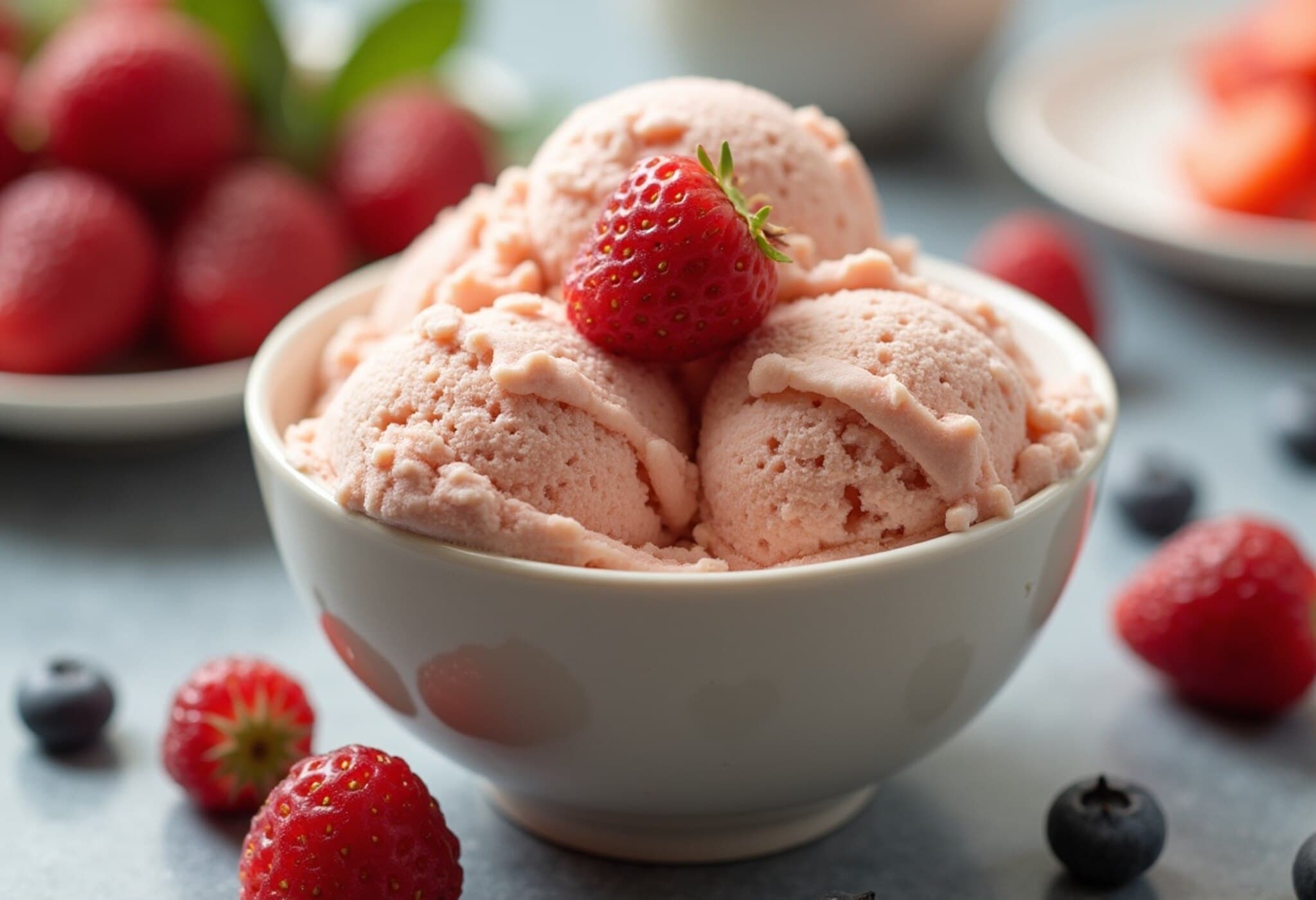General Mills Commits to Eliminating Artificial Colors Across US Foods
In a decisive move toward cleaner ingredients, General Mills announced it will remove all artificial colors from its entire U.S. retail cereal and food lineup by the end of 2027. This significant change aligns with a growing industry trend focusing on natural ingredients and reducing synthetic additives.
Focus on School Foods by Summer 2026
Alongside the broader retail initiative, the company plans to eliminate synthetic dyes from all cereals and food items served in K-12 schools nationwide by summer 2026. Although this change affects only a small segment of General Mills’ school offerings, it reaffirms the brand's commitment to healthier choices for children. Currently, nearly 85% of its U.S. retail products are already free from artificial colors, and most school products do not contain certified colors.
Context Behind the Shift
This announcement follows recent public health discussions urging the reduction of synthetic food dyes due to their links with chronic diseases such as obesity and other health concerns. The emphasis on natural and transparent food ingredients has gathered momentum, with regulatory attention and consumer demand driving companies to reformulate.
Industry-Wide Efforts to Phase Out Synthetic Dyes
Earlier on the same day, another major food manufacturer revealed it would immediately cease launching products containing artificial colors in the U.S. and aims to remove existing synthetic dyes from its products also by the end of 2027. Taken together, these initiatives highlight a broader industry commitment to cleaner label standards and improved food transparency.
Looking Ahead: A Healthier Food Landscape
General Mills’ timeline to phase out artificial colors gradually over the next few years reflects a balanced approach between consumer health interests and practical product reformulation. This shift not only responds to increasing consumer preference for natural ingredients but also supports efforts to address public health challenges through better food choices.






